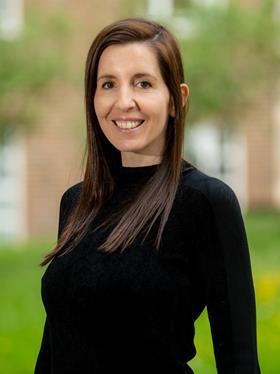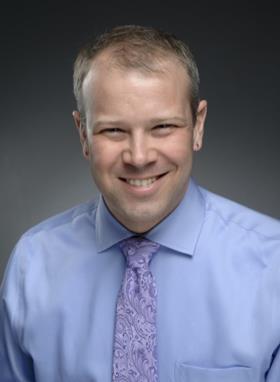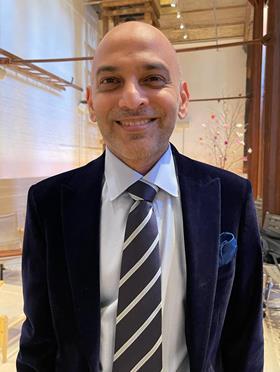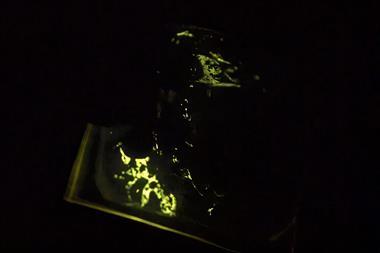Multiple reports show that in both the UK and the US, LGBTQ+ individuals are underrepresented in science, technology, engineering and maths (Stem). A report by the Royal Society of Chemistry (RSC) further reveals the scope and scale of the problem, highlighting that 28% of LGBTQ+ scientists have recently considered leaving their jobs because of a hostile workplace or discrimination towards them.
Whilst many government and academic institutions are eager to create evidence-based retention policies, the lack of available and adequate data presents a barrier to designing evidence-based interventions to address the problem. There is clearly a ‘leaky pipeline’, but it is unclear when or where these leaks occur. Are talented LGBTQ+ researchers being lost at master’s level, or during and after PhDs? Or, are LGBTQ+ people simply not selecting Stem to begin with?
Gathering data on this topic is extremely sensitive and necessarily requires advanced social science engagement and high levels of subject trust. To address this issue, the RSC partnered with the UK’s Department for Science, Innovation and Technology, and the Science and Innovation Network in the US. The RSC’s decision to fund a one-of-a-kind intercontinental grant scheme brought together a wide array of fields across Stem and the social sciences to investigate attrition and retention of LGBTQ+ people within Stem in the UK and the US.
Join us for the first of two webinars dedicated to this topic. Part 1 of this two-part, interactive series is an hour-long session moderated by Kevin Coutinho and featuring insightful presentations (see project titles below) and a panel discussion with two winners of the RSC LGBT+ inclusion in Stem grant:
- Ioana Latu – Somewhere over the rainbow: Investigating presence, perceptions, and engagement with LGBTQ+ inclusion symbols in Stem departments in the UK and US
- Bryce Hughes – Centering LGBTQ+ perspectives in Stem career decision making
LGBTQ+ in Stem: Using data to foster inclusion – Part 2 will be broadcast live on July 18, for which you can Register Here.
Speakers

Ioana Latu

Bryce Hughes

Moderator
Kevin Coutinho

This webinar has been developed in partnership with the Inclusion and Diversity team at the Royal Society of Chemistry.
The Inclusion and Diversity team drives and coordinates the strategy across all Royal Society of Chemistry activities to support a more inclusive and diverse chemical sciences community. Through research, advocacy and recognising success, we are working to make ‘chemistry for everyone’ a reality. Find out more about our work here.
















No comments yet